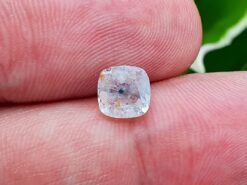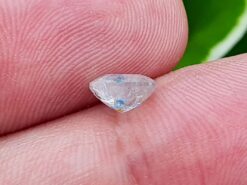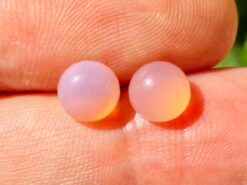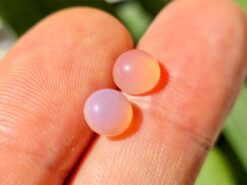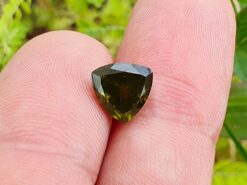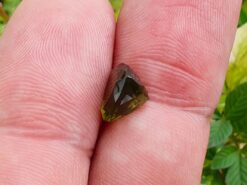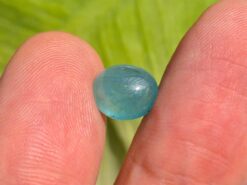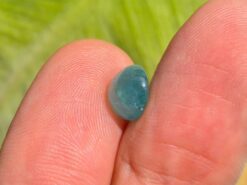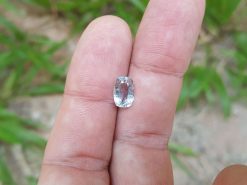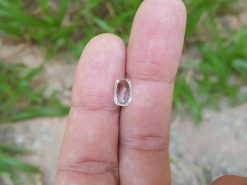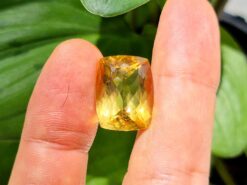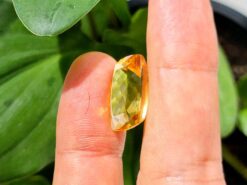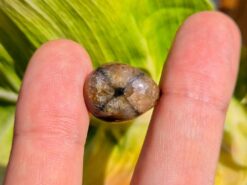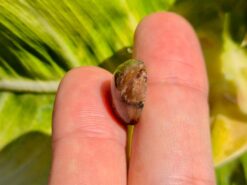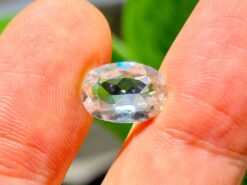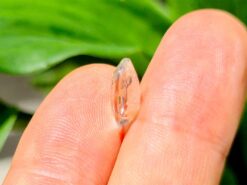Yellow turquoise
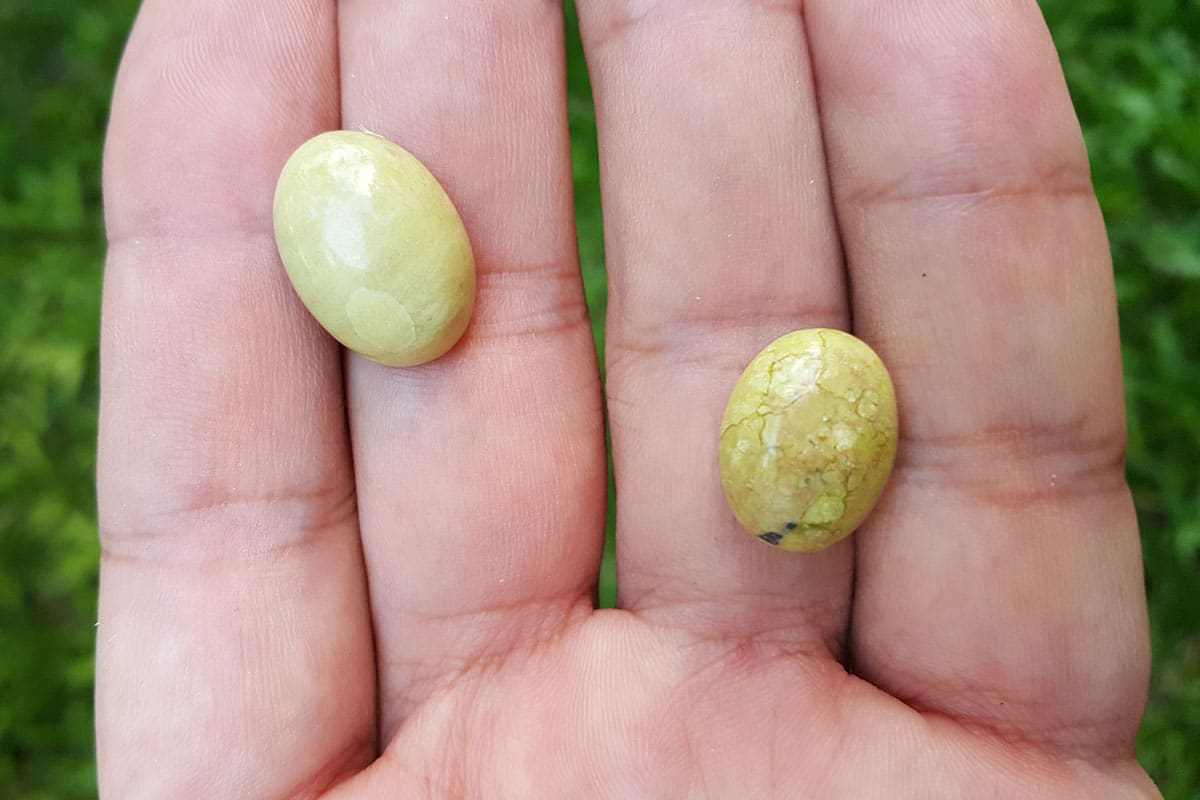
Yellow turquoise stone beads is actually a jasper or serpentine stone.
Buy natural gemstones in our shop
It earned its name of turquoise only because it looks like a turquoise, and not really because it has the same turquoise properties.
Turquoise
Turquoise is a mineral species formed of phosphate hydrate of copper and aluminum whose chemical composition is CuAl6(PO4)4(OH)8·4H2O.
Its name would come from “Turkish stone”, since it was more particularly known in Europe at the time of the Crusades. She gave her name to the turquoise color, a shade of blue. The Iranians call it “firouze”. The Turks have taken over the same name, the ore coming from Iran. Having received it from Turkey, the Europeans call it “turquoise”.
Stone of blue color, not transparent (semi-opaque), sometimes translucent on the edges. Variety of phosphate of alumina, called old rock, very sought after especially blue.
Easily recognizable by its celestial blue color, sometimes greenish. Infusible with the blowpipe, dissolves in acids without effervescence, without residue, offering copper colorations. It sometimes happens that the turquoises pass from the brilliant blue to the dull blue: they are said to have died or been extinct.
Yellow turquoise, from China
Yellow turquoise crystal meaning and healing properties benefits
The following section is pseudo scientific and based on cultural beliefs.
Yellow Turquoise stone beads can clear the body of impurities and toxins. It can also build up the immune system. Its healing energies is known to improve digestion and ease problems in the stomach. It can also improve the functions of the kidneys, liver, pancreas, spleen, and gallbladder.
FAQ
What are all the different colors of turquoise?
Sky blue is the most desirable as a gemstone, blue, bluish green, green, yellowish green. Often with brown, gray, or black matrix, as spider-webbing or background color.

